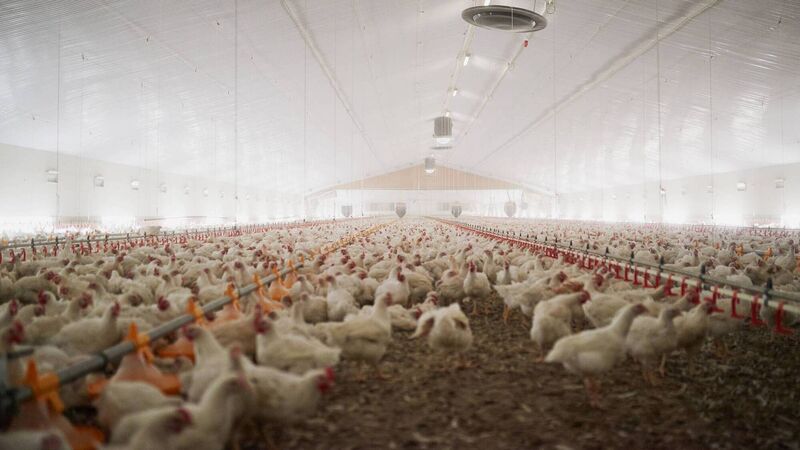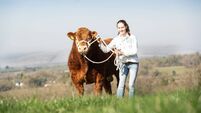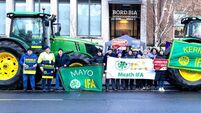The €85m problem: Why Ireland cannot risk avian flu vaccination due to trade rules

The Department of Agriculture are not considering the vaccination of Irish poultry despite bird flu outbreaks.
A vaccination programme for Ireland’s poultry sector to combat the rapid spread of bird flu has been ruled out by the Department of Agriculture.
There have been five outbreaks of Highly Pathogenic Avian Influenza (HPAI) H5N1 in the country, with flock owners complying with strict biosecurity measures and a compulsory housing order on all captive birds.












